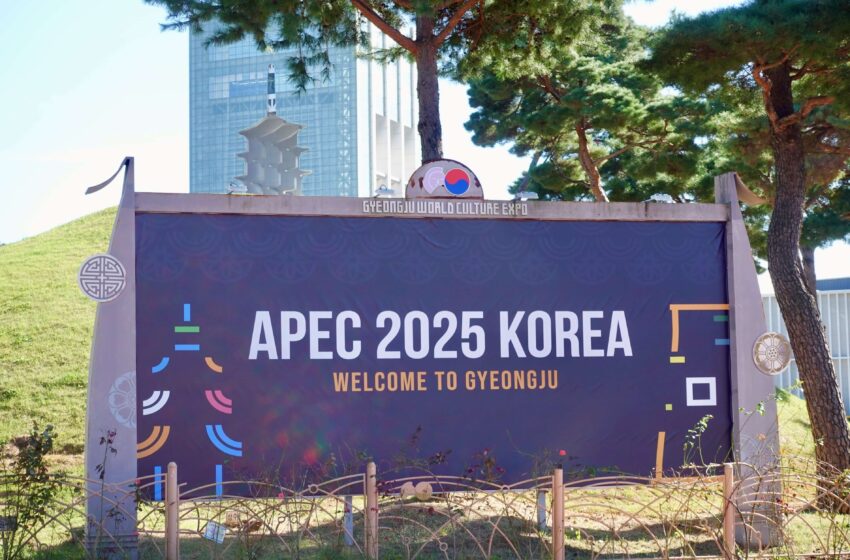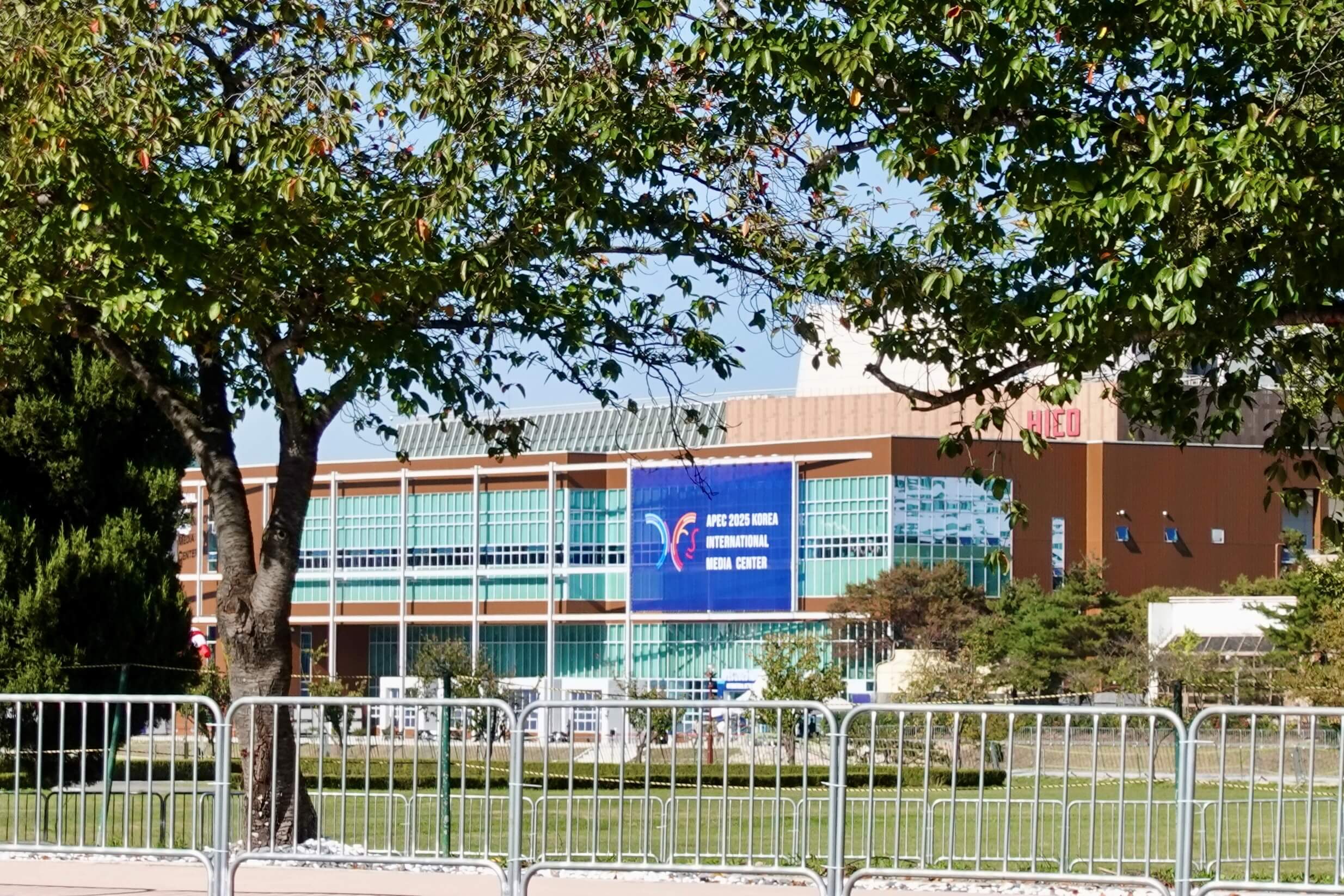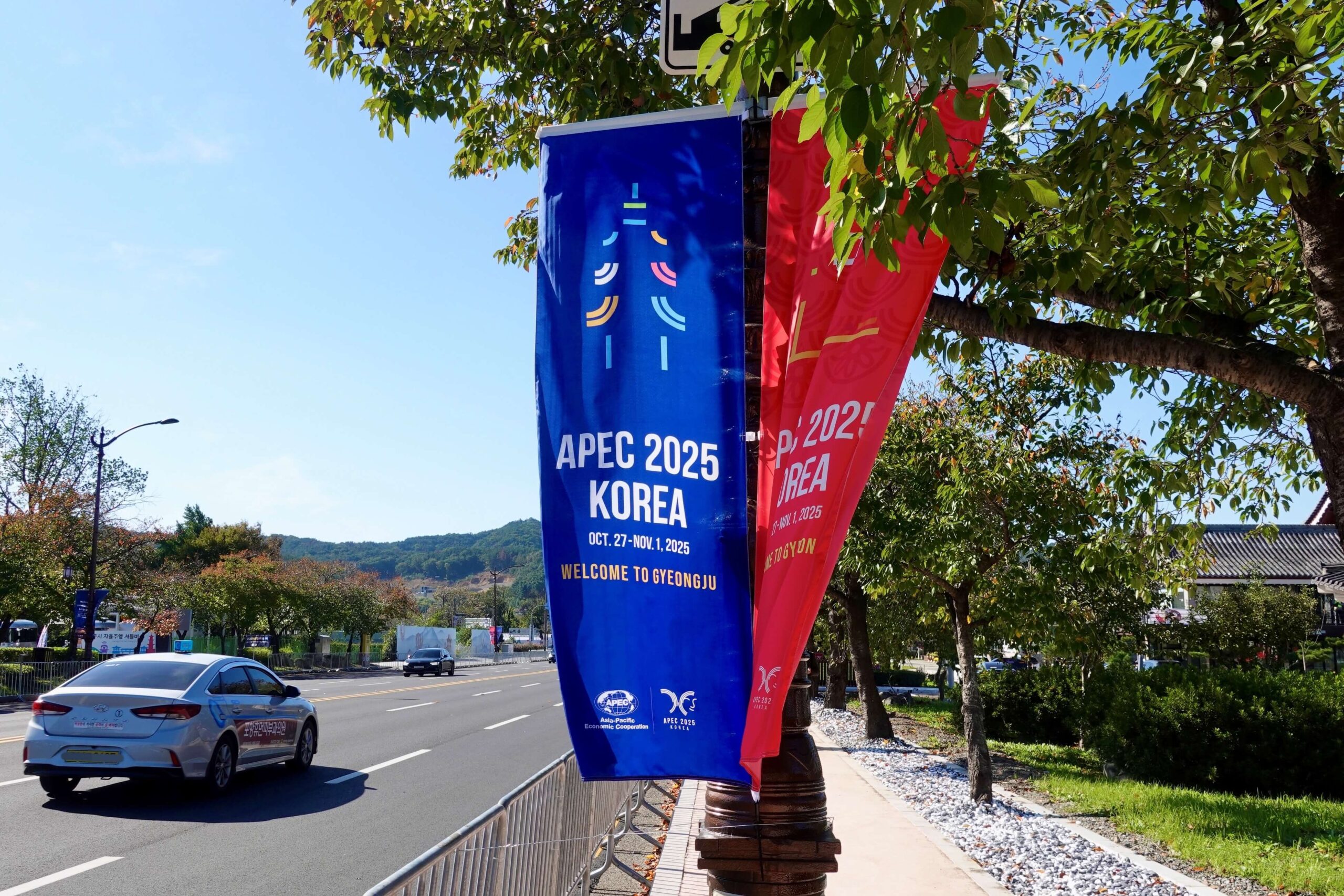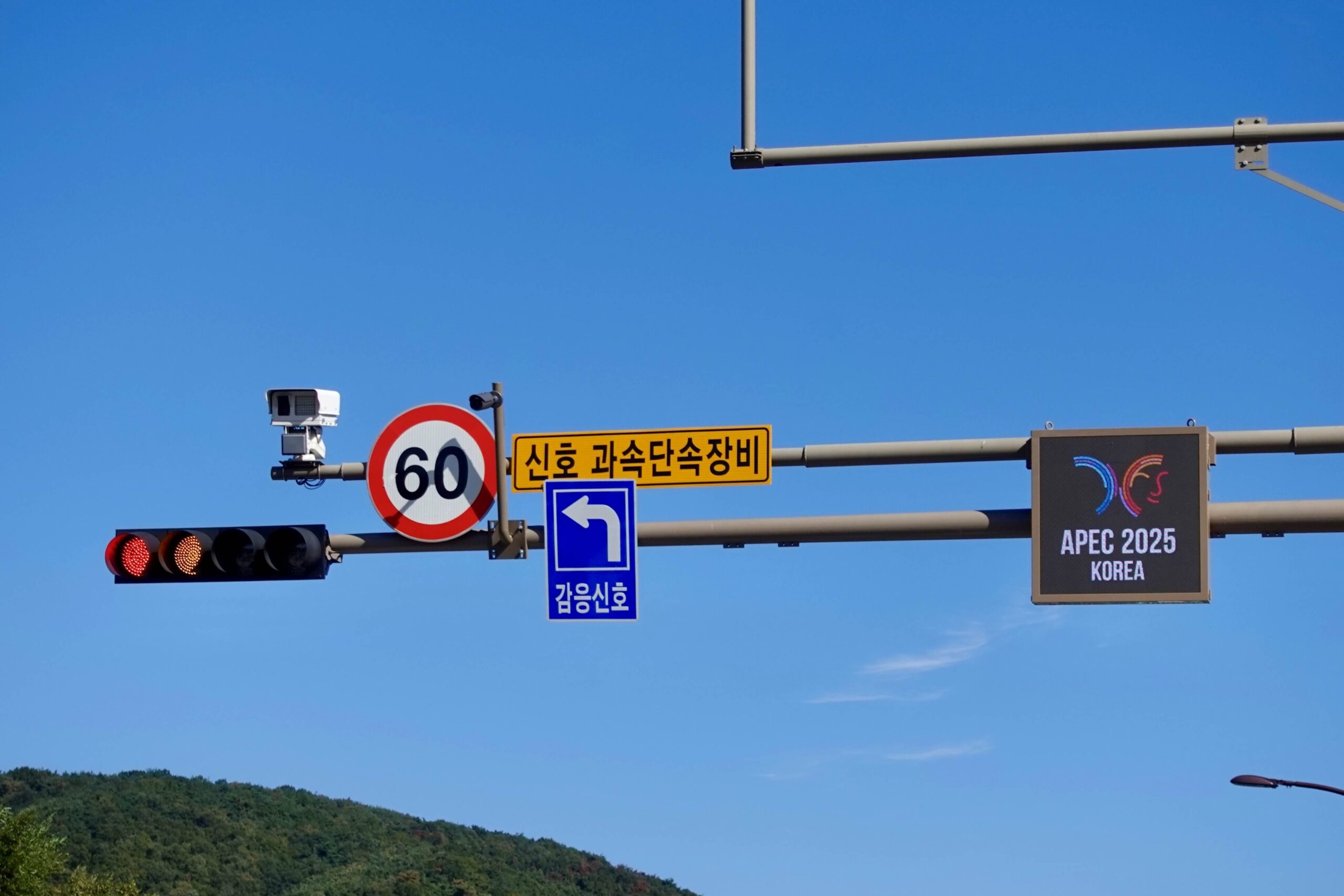APEC 2025 – For a future of sustainable connectivity, innovation, and prosperity

The Asia-Pacific Economic Cooperation (APEC) Week has begun in Gyeongju, Korea. Since early October, the city has been filled with a pleasant buzz of excitement, and various events have been held to welcome the guests arriving from across the Asia-Pacific regions.
It’s been 20 years since the summit has been hosted in Korea. APEC 2025 is featuring diverse discussions under the theme of “Building a Sustainable Tomorrow: Connect, Innovate, Prosper.” Yet, you might wonder:
‘What does this international event about economics and trade have to do with me as a researcher?
The keywords of the theme—sustainability, connection, innovation, and prosperity—are also crucial within our academic community. In today’s research landscape, where technology advances and systems grow increasingly complex, the future of the research environment and the academic ecosystem is a major concern.
Connect – Research is ultimately about connecting people
Innovate – How technological advancements transform the research outline
Prosper – An academic ecosystem growing together
A sustainable tomorrow, built together

Connect – Research is ultimately about connecting people
For an economic body, ‘connect’ likely means invigorating trade and investment, and strengthening physical, institutional, and human connections1. The research ecosystem is not fundamentally different. For us, connection means linking people, knowledge, and data. This is intrinsically tied to the very essence of research.
In this complex and technologically advanced era, it may be difficult for a single institution or a nation to solve problems and address challenges on their own. The COVID-19 pandemic we experienced just a few years ago exemplifies this, as do the persistent challenges surrounding artificial intelligence (AI) that dominate recent discourse. Such complex subjects are difficult to advance without multinational collaborative research and data sharing. This is why ‘connectivity’ is valuable in today’s research landscape.
Even in South Korea with its strong technological capabilities, it would be ideal to actively build internationally collaborative research networks and open co-working platforms. This would provide a foundation for Korean researchers to participate more actively in the global arena, creating new avenues for collaboration to expand their research scope.

Innovate – How technological advancements transform the research routine
Technology is now an inescapable topic in every field. And the challenges are constantly growing, particularly with technological innovations like AI, digital transformation, and digital divide. However, this is not solely an industry-specific agenda. For researchers, technology has also become an everyday reality.
A recent survey conducted by Editage targeting Korean medical experts revealed that 84% of respondents are already using AI tools. As technology evolves, research tools and methodologies are rapidly evolving as well. Tasks like data analysis, experimental design powered by AI, and cloud-based collaboration tools extend far beyond simple applications such as translation or search support. While writing and publishing papers was once paramount, the speed at which data is opened to spread—and influence—knowledge has become a key measure of innovation today.
This is precisely why ‘innovation’ is a central theme at APEC 2025. It has reportedly made ‘Innovate’ a key priority with the goal of “achieving balanced and inclusive growth through digital innovation1.” For Korea, leveraging its robust digital R&D infrastructure could be helpful to enhance efficiency and accessibility across the entire academic spectrum. Researchers, too, should become ‘drivers’ rather than mere ‘passengers’ of technology.

Prosper – An academic ecosystem growing together
Today, prosperity no longer signifies mere economic growth. The global focus is on shared growth and building sustainable structures.
The research ecosystem is no exception. While exclusive and proprietary research still holds value, an inclusive and sustainable academic and research environment is equally vital. Means to achieve this may include interdisciplinary research that breaks barriers between fields, open access publishing models that ensure anyone can get close to research outcomes, and public research that directly contributes to solving societal problems.
Sustainable research means building a knowledge structure that grows with society, rather than ensuring only the sustainability of research itself. True ‘prosperity’ becomes possible when research gains social trust and public value.

A sustainable tomorrow, built together
APEC 2025 is a large-scale international event, but its message also applies to us researchers: connect, innovate, and prosper together. It might sound cliché, but this message could also be one of the strategies for the survival of future science.
In the past, the term ‘global village’ was once popular. But now, the world has become too interconnected to be called just a village. Solving everything alone is no longer an option; diverse fields, regions, and generations must connect. Rather than fearing technological advancement, we should learn and embrace it as a new tool. Now is the time to consider structures that return the knowledge produced through this to society.
Korea hosting the APEC Economic Leaders’ Meeting in 2025 is not merely a diplomatic event. It is also an opportunity for Korea to demonstrate leadership within the global discourse. ‘A sustainable tomorrow’ is not something that can be achieved solely by governments or enterprises. It is built by all of us, including researchers and scientists, as we live and progress today while envisioning tomorrow.
Reference
- APEC meeting theme: Sustainable Tomorrow https://www.fnnews.com/news/202409301442090073

